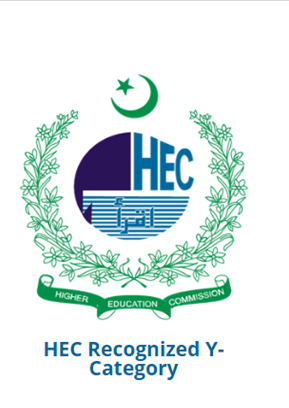Effect of Leader Creativity Expectations on Creative Performance in Higher Education: Mediating Role of Intrinsic Motivation for Creativity
Array
DOI:
https://doi.org/10.59263/gmjacs.13.02.2023.348Keywords:
Leader Creativity Expectations, Intrinsic Motivation, Creative Performance, Higher EducationAbstract
A plethora of research reported the positive effect of teachers' expectations on students’ academic performance. However, very little is known about how academicians’ perceived leader creativity expectations (LCE) affect their creative performance in higher education. With support from Pygmalion theory, this study's objectives are two-fold: a) to analyze the effect of academicians’ perceived LCE on their creative performance; and b) whether the intrinsic motivation for creativity mediates the relationship between academicians’ perceived LCE and creative performance. A usable sample of 281 responses is drawn from the full-time academicians of private-sector universities. The structural model demonstrates medium-to-high out-of-sample predictive power. This study is among the first reports in both creativity and education literature which assesses nonlinear effects and endogeneity using Ramsey’s RESET test and Gaussian copula approach respectively to determine the robustness of the structural model’s results. The findings suggest that, although academicians’ perceived LCE has a significant positive effect on creative performance, it actually emasculates the intrinsic motivation of academicians in higher education. Besides, intrinsic motivation mediates the relationship between academicians’ perceived LCE and creative performance. Implications and future directions are discussed.





